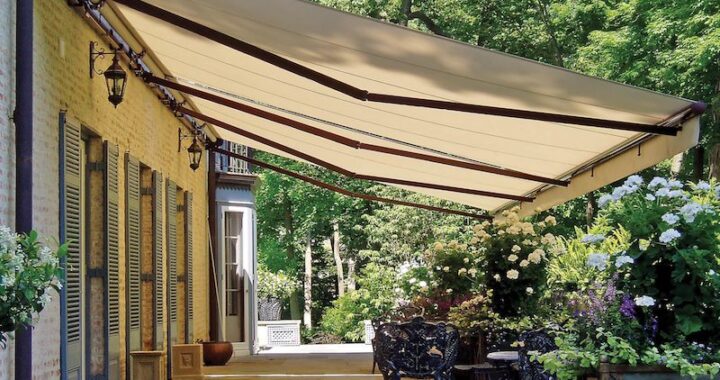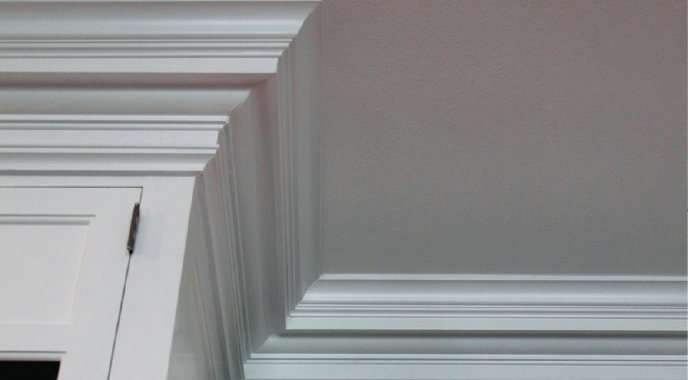Helping Your Elderly Relatives Decide Where to Live

With an ageing population and people living longer, there are people all over the country caught in the conundrum of how to take care of elderly relatives. Older people will often love living in their own home but may struggle with mobility problems and need a lot of help as they age. At some point they’ll have to decide what to do next, so how do you help them make such a big decision?
Long-term care isn’t for everyone
Many relatives consider care homes for their loved ones, but this isn’t always the best option. Elderly people are often concerned about moving into a care home, no matter how nice, and fees can be expensive. Nowadays, going into a care home is less common, as people live longer so don’t want to spend decades in a home, but it can be a good option for those who need 24/7 care.
Adapting their home
Adapting their home for easier living can be another option. You’d need to make changes such as:
- Adding rails and a walk-in shower to the bathroom
- Making adaptions to the kitchen
- Adding a care alarm or similar, in case things go wrong
- Ensuring non-slip flooring is added throughout the home
Many accidents suffered by elderly people come under the same categories, including trips and falls, scalds and burns, and sprains. Luckily, they are preventable with the right adaptions and equipment in place.
Consider adding a granny flat
If you have the space, then adding a granny flat can be a good solution if your relative needs to be near people but doesn’t need 24/7 care. Find specialists in renovations and granny flat construction and you can get a price for this kind of work. While it may sound like a big job, you may be amazed at the cost of building an annexe. These places can be self-contained, so your relative stays independent, but they are right next to you, so you can get round at a moment’s notice if things go wrong.
Your relative getting older doesn’t necessarily mean they need to go straight into a home. There are lots of options for people as they age. From adapting their home, to building an annexe or granny flat on yours, there are ways your loved one can stay independent for as long as possible. Of course, eventually, you may want to consider supported housing or care homes, if that’s what suits your loved one.


 The Insider’s Guide to a Smooth Home Building Experience
The Insider’s Guide to a Smooth Home Building Experience  Vital role of professional building inspectors- Ensuring safety, quality, and compliance
Vital role of professional building inspectors- Ensuring safety, quality, and compliance  Transform Your Home with a Fresh Coat of Paint: Tips for Success
Transform Your Home with a Fresh Coat of Paint: Tips for Success  Transforming Your Outdoor Spaces with Awnings
Transforming Your Outdoor Spaces with Awnings  Crown Moulding & Why It Needs To Be a Part Of Your Interior Design.
Crown Moulding & Why It Needs To Be a Part Of Your Interior Design.  5 Basic Residential Plumbing Things Every Homeowner Needs To Know
5 Basic Residential Plumbing Things Every Homeowner Needs To Know